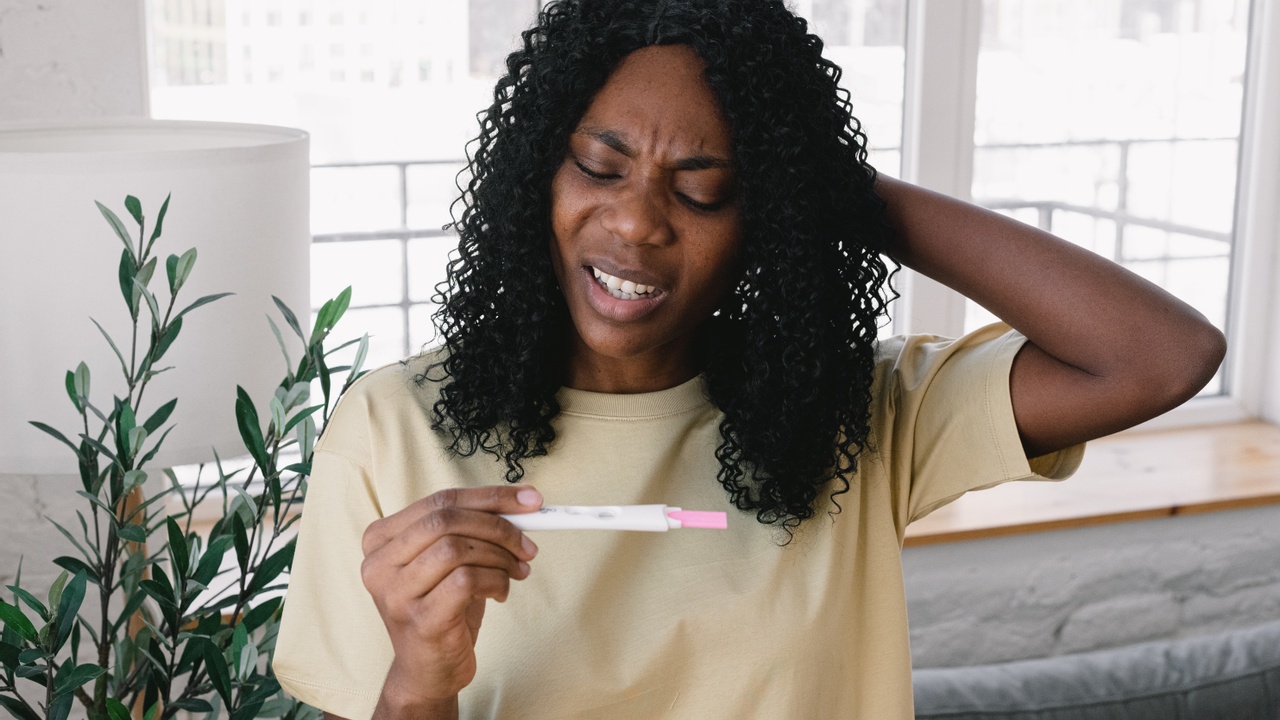The Basics of Getting Pregnant!
Jul 28, 2021
It seems simple enough - and for the majority of people of birthing age conceiving is not a complex science - but with this episode we’d like to take a step back and discuss the very basics of getting pregnant!
We chatted with Dr. Beth Taylor, a Fertility Specialist at the Olive Fertility Centre in Vancouver. Dr. Beth offered a lot of great insight into how you can know if you can get pregnant, the best ways to begin trying, and when you might need to look into getting some fertility help!
We should note right from the top that for the purposes of this episode and post, we are focusing on the heteronormative paradigm of the cis female and cis male having sexual intercourse to try to conceive - but there are many other paradigms and ways to conceive we will focus on in subsequent episodes!
Top 4 Things You Should Know About Getting Pregnant
1. How do I know if I can get pregnant?
Most people start with the assumption that they are fertile, and often they are correct! As a female, having a period every month is a good, basic indicator of fertility. If you’re male, you’re likely fertile if you haven’t had any major surgery or medical issues with your reproductive health.
2. What is the best way to start trying?
Start by tracking your period - there are lots of great free apps out there! And you can also use them to monitor when you’re most fertile. That means that the egg comes out of the ovary and goes into your fallopian tubes and is ready to be fertilized. Before ovulation your body releases a hormone called LH that is detectable in your urine, and we discuss with Dr. Beth the pros, cons, and ways you can easily test and track your own LH levels!
3. When do I need help?
Consider seeing a fertility specialist if:
- If you’re under 35 and have been trying for 9 months to 1 year
- If you’re over 35 and have been trying for 6 months
- If you’re over 40, we recommend seeing a specialist as soon as you start trying to conceive - you could have a very solvable issue, and save precious time by identifying it early!
4. What does help look like?
Fertility clinics can have a bit of an intimidating air, but it’s important to keep in mind that fertility specialists are just like any other family doctor or specialist looking after you and wanting you to have the best care!
Not all treatments are prohibitively expensive or complex - they check a lot of basic things that are often covered by medical/provincial health plans, such as sperm count, if you have a varicose seal, or recommending taking some pills or supplements to make you ovulate.
Behavioural modifications are also effective - especially for the male partner! Long bike rides, caffeine, alcohol, marijuana, hot tubs, saunas, laptops, and anything with heat can all affect sperm fertility.
But most importantly - we need to normalize conversations around fertility! You’ll find so many people themselves or someone nearby is really touched with a challenging pregnancy or fertility story. Family doctors and fertility specialists are here to help.
For more information about Dr. Beth Taylor, check out on:
Instagram: @bethtaylormd & @olivefertility
For our FREE Preparing for Pregnancy Guide:
For the She Found Health Pregnancy to Parenthood Masterclass:
Don't miss a word!
New topics, stories, and information delivered to your inbox weekly.
Sign-up to receive our podcast and blog posts delivered to you directly via email!
We hate SPAM. We will never sell your information, for any reason.


